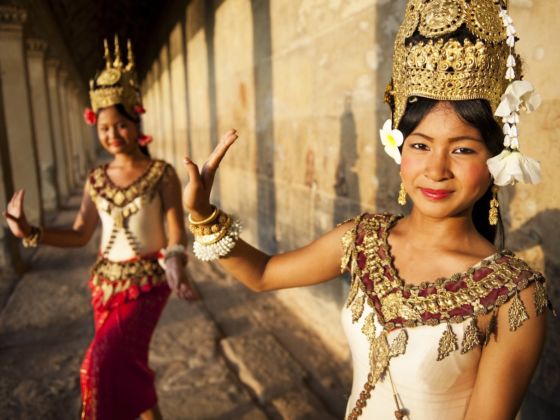1. You sniff your loved ones.
Cambodian culture has different rules for physical touch. It’s not appropriate to kiss your family members or loved ones. Instead, you hug them, and this is often followed by you breathing in the scent of the person you are hugging.
2. You now eat rice three times a day.
In the Khmer language, when you ask someone if they want to eat, you ask “nyum bie?” It literally translates to “Do you want to eat rice?” Like many other Asian cultures, Cambodia’s staple food is white rice. You always start with a steaming bowl of it, to which you add some kind of fresh fish or pork as well as a mixture of green vegetables and some chili peppers in fish sauce. All of these pieces of the meal are kept separate until you actually start to eat.
